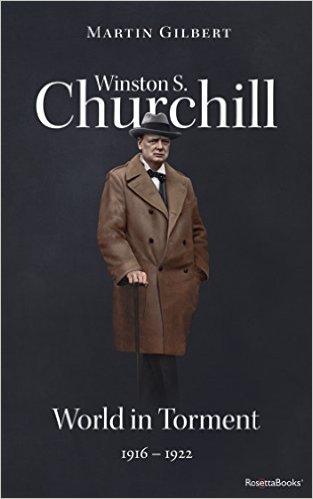


After his graduation, Gilbert undertook postgraduate research at St Antony's College, Oxford.Ĭareer Historian and author Īfter two years of postgraduate work, Gilbert was approached by Randolph Churchill to assist his work on a biography of his father, Sir Winston Churchill. Gilbert graduated in 1960 with a Bachelor of Arts degree with first-class honours in modern history. He described himself as being interested in "Jewish things" from a young age, noting that at school he "once or twice got in trouble for my Zionistic activities." He then completed two years of National Service in the Intelligence Corps before going on to study at Magdalen College at the University of Oxford. Īfter the war, Gilbert attended Highgate School, where he was taught history by the Balkan expert Alan Palmer, and politics by T. Vivid memories of the transatlantic crossing from Liverpool to Quebec sparked his curiosity about the war in later years. Nine months after the outbreak of the Second World War, he was evacuated to Canada as part of the British efforts to safeguard children. All four of his grandparents had been born in the Pale of Settlement in Tsarist Russia (today's Poland and Lithuania). Martin Gilbert was born in London, the first child of Peter Gilbert, a north London jeweller, and his wife, Miriam. He was a member of the Chilcot Inquiry into Britain's role in the Iraq War. He was the author of eighty-eight books, including works on Winston Churchill, the 20th century, and Jewish history including the Holocaust. With that, please enjoy the 30 best biographies of all time - some historical, some recent, but all remarkable, life-giving tributes to their subjects.Sir Martin John Gilbert CBE FRSL (25 October 1936 – 3 February 2015) was a British historian and honorary Fellow of Merton College, Oxford. In this way, biography differs from the rest of nonfiction.Īll the biographies on this list are just as captivating as excellent novels, if not more so. Rather, it should weave a narrative and tell a story in almost the same way a novel does. A great biography isn’t just a laundry list of events that happened to someone. Biographer Richard Holmes once wrote that his work was “a kind of pursuit… writing about the pursuit of that fleeting figure, in such a way as to bring them alive in the present.”Īt the risk of sounding cliché, the best biographies do exactly this: bring their subjects to life.


 0 kommentar(er)
0 kommentar(er)
